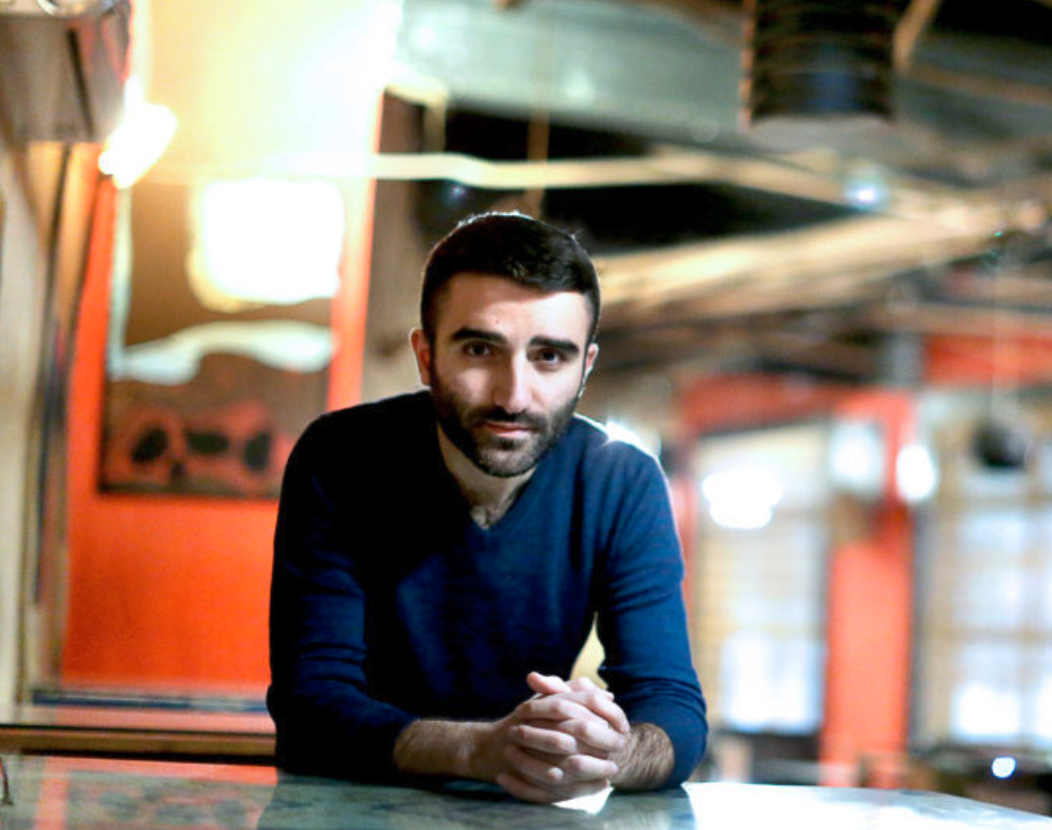In recent years, a quiet yet meaningful movement has been taking place among the Assyrian diaspora – a gradual return to Assyria. At the forefront of this effort is The Return, a volunteer-led initiative assisting Assyrians who wish to move back to Assyrian regions in Iraq.
The Post spoke with Dilan Adamat, founder of The Return, who himself moved from Europe to Ankawa in 2019 after nearly three decades abroad. He shared insights into the growing interest in returning, his personal story, and how The Return is supporting Assyrians through this complex yet deeply personal journey.
A Rising Interest in Returning
According to Dilan, interest in returning to Assyria has grown significantly in recent years. “Ten to fifteen years ago, many people spoke about return out of nostalgia,” he explained. “Today, it’s more than nostalgia, the situation in here has improved, and with better promotion of the country by individuals and groups visiting, more Assyrians are actually taking the step to come back.”
The Return identifies several distinct groups among returnees: Recent emigrants – those who left Iraqi Assyria within the past 10–15 years and still have strong family ties, Arabic or Kurdish language skills, and Iraqi citizenship. Their challenges often relate to employment or their children’s education. Second-generation Assyrians, like Dilan, who left Iraq as children or were born abroad. They tend to visit first, then gradually extend their stay while learning local languages and finding sustainable work. Retirees, who emigrated decades ago but have investments or pensions allowing them to resettle in Iraq for the later stages of life.
“There’s a big difference between these groups,” Dilan said. “Those born and raised abroad usually need more support – learning Arabic and Kurdish, navigating bureaucracy, and integrating socially. The more integrated you are, the more sustainable your return becomes.”

The Numbers Behind the Movement
While precise data is hard to come by, The Return estimates that over the past 10–15 years, around 50 young Assyrians born and raised in the diaspora have returned for extended stays, some for months or years, others permanently.
The movement among retirees and recent emigrants is significantly larger, numbering in the hundreds and growing steadily. “We get messages daily, people asking how to get Iraqi citizenship, find jobs, or invest in real estate,” Dilan said.
Social scientists refer to this not simply as “return migration,” but as return mobility, a phenomenon where people maintain active ties to both their country of origin and their diaspora community. “Even when they return, their connection to the diaspora remains,” Dilan noted. “It often takes a full generation before return becomes truly sustainable.”
Dilan’s Journey: From France to Ankawa
Dilan left Iraqi Assyria as a child and grew up in France. Though he had no early memories of his homeland, summer visits as a teenager changed everything. “Those short trips built a sense of belonging,” he recalled. “After 2013, I began coming every year, trying to understand the country myself.”
While working as a lawyer in Paris, Dilan made a conscious decision to return to Iraqi Assyria before settling into a permanent life in France. “I realised if I stayed longer, I’d buy a house, get married, and it would become harder to leave. So I took the leap. I quit my job, had no job waiting in Iraq, but was optimistic – I wanted to give 100%.”
He has no regrets. “I was happy in France, but it wasn’t what I wanted. If you choose something, you must sacrifice something else,” he said. “Returning or staying is a choice – and staying away is also a choice to abandon part of who we are. I wanted to build something for our people, not just a career for myself.”
How The Return Supports Returnees
Each returnee’s journey is different, and The Return tailors its support accordingly. The organisation assists with: Paperwork and citizenship issues, including cases where Assyrians born abroad were never registered as Iraqi citizens. Social and professional integration, such as connecting returnees with local employers and universities. Housing and security coordination, helping new arrivals navigate local systems. Promotion of Assyrian entrepreneurship, ensuring returnees’ livelihoods are sustainable.
“The goal is to normalise the idea of returning,” Dilan said. “Many want to come back but fear being judged by relatives or think it’s impossible. Even my family didn’t support me at first.”
A comprehensive Return Guide is set to be published on The Return’s website later this year, a practical handbook on everything from finding housing to navigating the job market in Iraq.
Though currently volunteer-run, The Return hopes to grow into a staffed organisation with case managers who can follow up with returnees and help them build long-term stability.
A Movement Rooted in Identity and Purpose
For Dilan, returning was never just a personal move — it was a statement of identity. “Many people abroad are active in the Assyrian movement. But here, it’s about living it,” he said.
“Some here see themselves only as Christians, others as Assyrians, some speak Assyrian, some don’t. But The Return doesn’t discriminate – it helps everyone who wants to come back.” Ultimately, he believes returning is not only about individuals but about the collective future.
Learn More
To learn more about The Return, visit their official website or social media pages for updates on the upcoming Return Guide, stories of Assyrian returnees, and resources for those considering the move back home.
Watch Dilan Adamat’s interview in English
Watch Dilan Adamat’s interview in Arabic
A portrait of a returnee from Australia






